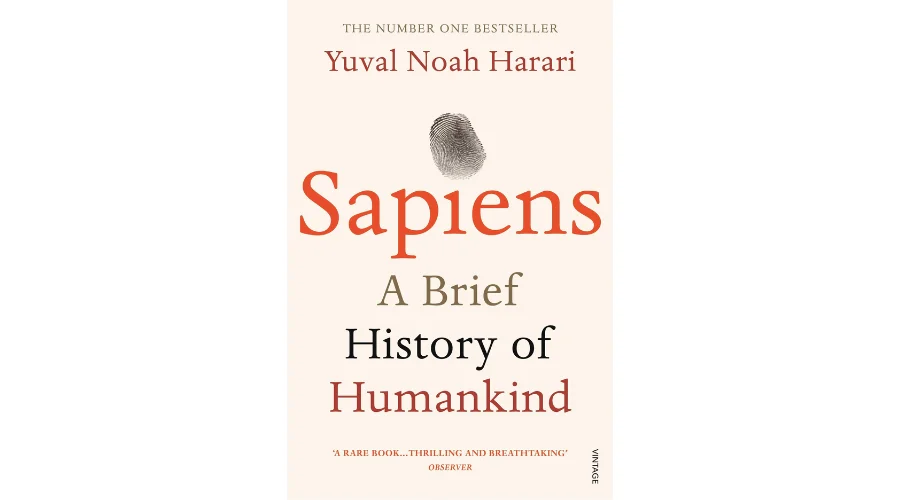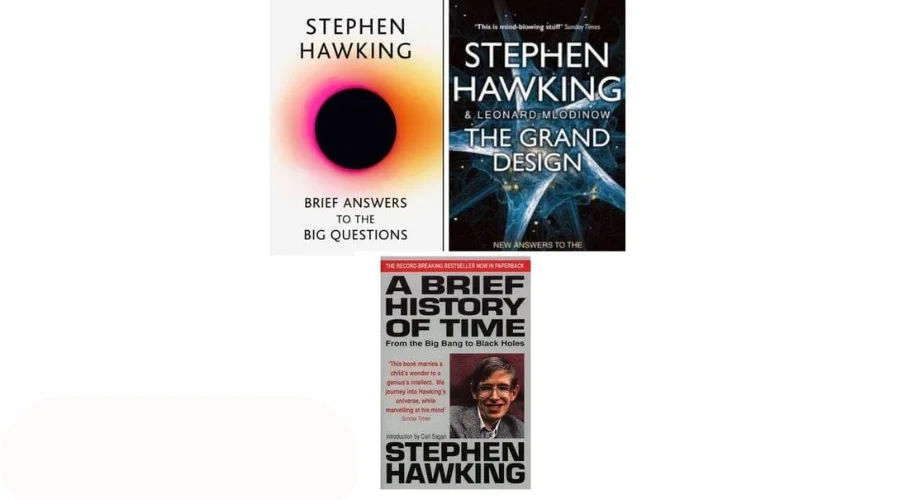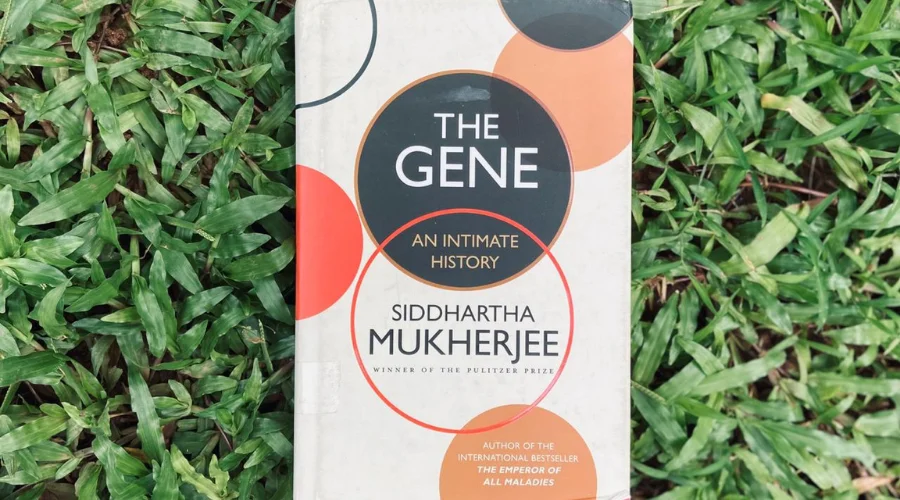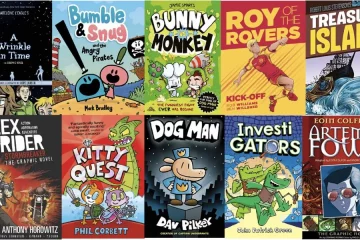
science nonfiction books
For the insatiably curious, science provides a doorway to enlightenment as it continues to be a key to unlocking the mysteries of the cosmos and fostering ground-breaking discoveries. Science nonfiction books often go beyond the realms of the possible, acting as lighthouses to guide both ardent devotees and inquiring minds. Readers embark on a transformational voyage that reveals the cosmos’ interconnectivity, the complexity of life’s evolution, and the fascinating forces that have moulded human history by accepting the treasures of insightful knowledge and awe contained inside these literary wonders. These books which are available at AbeBooks Many GEOs encourage us to explore the uncharted, fueled by an unquenchable thirst to comprehend, delve into, and discover the infinite possibilities that exist inside the wide reaches of scientific knowledge. They also serve as creative catalysts.
5 must-read Science Nonfiction Books
1. A Brief History of Time – Stephen Hawking

A Brief History of Time – Stephen Hawking | goskat
Stephen Hawking’s masterpiece explores intricate theories about the nature of time, black holes, and the origins of the universe as it takes readers on a tour of the cosmos. He bravely makes his way through the maze of intricate ideas with unmatched eloquence, revealing the mysterious nature of time, the seduction of black holes, and the celestial symphony that signalled the beginnings of our enormous cosmos. These science nonfiction books become a beacon of illumination in these vast and thought-provoking areas, leading us on an epic voyage of understanding and discovery. Despite the weighty subject matter, Hawking’s captivating writing style makes these perplexing ideas understandable to a broad readership.
2. Sapiens: A Brief History of Humankind – Yuval Noah Harari
Yuval Noah Harari provides an interesting perspective on the evolution of human cultures from the appearance of Homo sapiens to the present in his expansive narrative exploration of human history. Harari masterfully constructs a complex tapestry of human existence within the pages of this thought-provoking book, skillfully drawing from a rich tapestry of disciplines that spans anthropology, archaeology, sociology, and more. The unique perspective of this scientific nonfiction book deepens our knowledge of the past while provoking us to think about the future. It leaves a lasting impression on the reader’s awareness and encourages reflection on our place in the ever-evolving story of human civilisation.
3. The Immortal Life of Henrietta Lacks – Rebecca Skloot.

The Immortal Life of Henrietta Lacks – Rebecca Skloot. | goskat
Rebecca Skloot pays tribute to Henrietta Lacks, an underappreciated pioneer in medical research, in a moving and compelling narrative. Unknowingly, her cells served as the building blocks for innovative studies that accelerated medical progress. The book by Skloot illuminates the moral consequences of medical research and provokes reflection on the fine line that must be drawn between the advancement of science and respect for human dignity. The inspiring tale of Henrietta Lacks urges us to acknowledge and value the frequently undervalued contributions of individuals to the field of medical knowledge and serves as a potent reminder of the humanity behind scientific advancements.
4. Cosmos – Carl Sagan
Carl Sagan takes readers on an astonishing adventure across the cosmic fabric in his timeless book Cosmos, navigating enormous stretches of time and space to reveal the wonders of the cosmos and our interconnectedness within it. Sagan inspires a limitless feeling of wonder through his captivating words and insightful observations, lighting the flames of curiosity that urge us to investigate the mysteries of the cosmos. This nonfiction book about science transports readers to far-off galaxies where they see celestial wonders that inspire awe and humility in addition to deepening their understanding of the cosmos’ limitless beauty and complexity.
5. The Gene: An Intimate History – Siddhartha Mukherjee

The Gene An Intimate History – Siddhartha Mukherjee | goskat
Siddhartha Mukherjee expertly crafts a complex tapestry of the history of genetics in “The Gene,” ranging from Gregor Mendel’s groundbreaking work with pea plants to the ground-breaking developments of CRISPR technology. This thorough investigation offers an engrossing trip into the very core of life’s blueprint while revealing the complex webs that influence our genetic background. She explains how our genes affect both the individual fabric of society and the lives we lead. This is by far one of the best science nonfiction books ever written.
Conclusion
Science nonfiction books give readers a window into the vast worlds of knowledge, enabling them to learn more about the wonders of the cosmos and our place in it. These books offer insightful information that can improve our lives and encourage us to ask probing questions about the environment and genetics, as well as explore the wonders of the cosmos. Pick out one of these nonfiction books about science which are made available by AbeBooks to start your educational journey and discover science’s wonders. For more information on science nonfiction books, visit Goskat.















